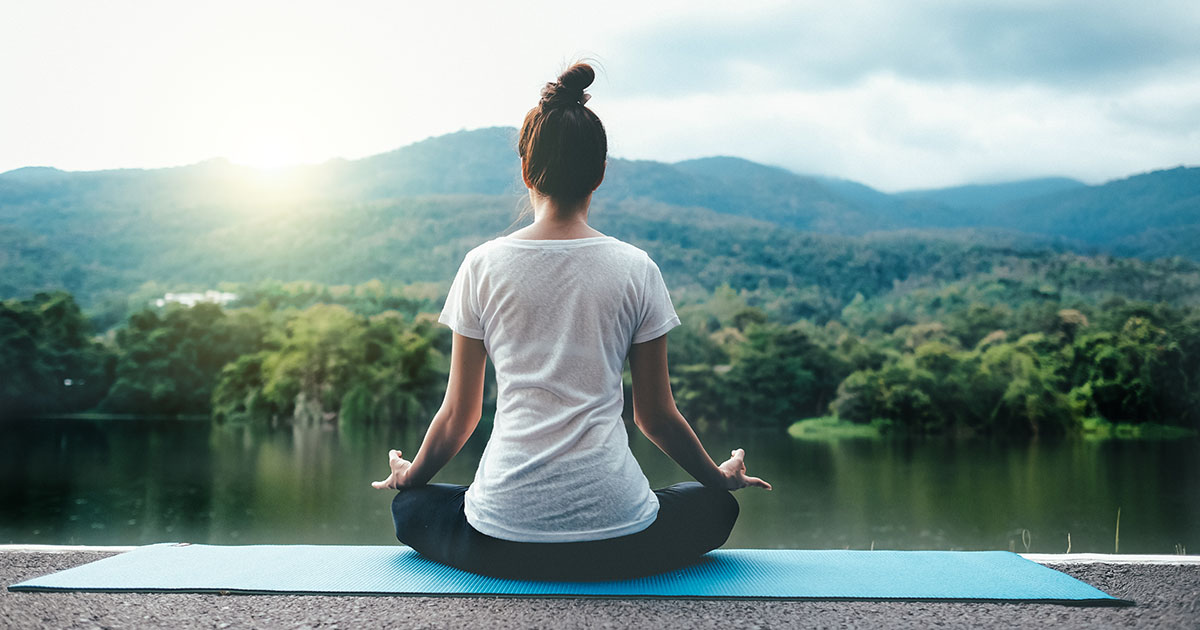
Yoga and meditation have been associated with many physical, mental, and emotional benefits. Yoga is primarily a form of exercise used to promote the release and flexibility of muscles within the body. Unlike “traditional” stretches that often focus on one muscle group at a time, such as a triceps stretch or a hamstring stretch, yoga involves stretching muscles within their myofascial chains or groups. An example of this is the well-known Downward Dog Stretch which consists of stretching the hamstrings along with companion muscles within this group that work as a unit, such as the plantar fascia and calf muscles.
Yoga also helps to promote muscle strength, endurance, and bone density through the pressures put through the tissues while positions are sustained for varying lengths of time. Yoga also improves balance and general co-ordination.
There is no restriction on what conditions can be assisted through the practice of yoga and meditation from arthritis, osteoporosis, depression, and general heart and blood pressure health.
The most significant benefits of yoga are the gradual loosening and lengthening of muscle fibers and connective tissues. This improves joint movement and range of movement of the body; likely providing injury prevention. Moving muscles and joints through their full ranges provide fresh nutrients for all tissues of the body including cartilage and ligaments. This is especially beneficial for those with joint pain such as low back pain. Yoga also produces a contraction and relaxation of different muscle groups which improves blood and oxygen flow throughout the body. Improved circulation offers heart health protection, lung capacity improvements, and general artery conditioning.
Yoga encourages focus on long slow breaths and relaxation of the body which helps to combat the physical effects of anxiety, depression, and stress which are muscle tension and breath-holding. Mental health issues are well-known to benefit from mindfulness: focusing on the present moment & having a detached awareness of one’s thoughts. Yoga allows the person to focus completely on their movements and breath, allowing over-activation of the mind to subside. It is then possible to transfer these skills into daily life.
Source: Exploring the therapeutic effects of yoga and its ability to increase the quality of life. Catherine Woodyard. International journal of yoga. 2011.
Dr7 physiotherapy has an easy-intermediate level remedial exercise group held on Saturdays at 12pm midday and combines elements of Yoga/ Pilates/ Meditation. The class is run by physiotherapist Katie Starke. Email: katie@dr7physioandpod.com.au for more information.